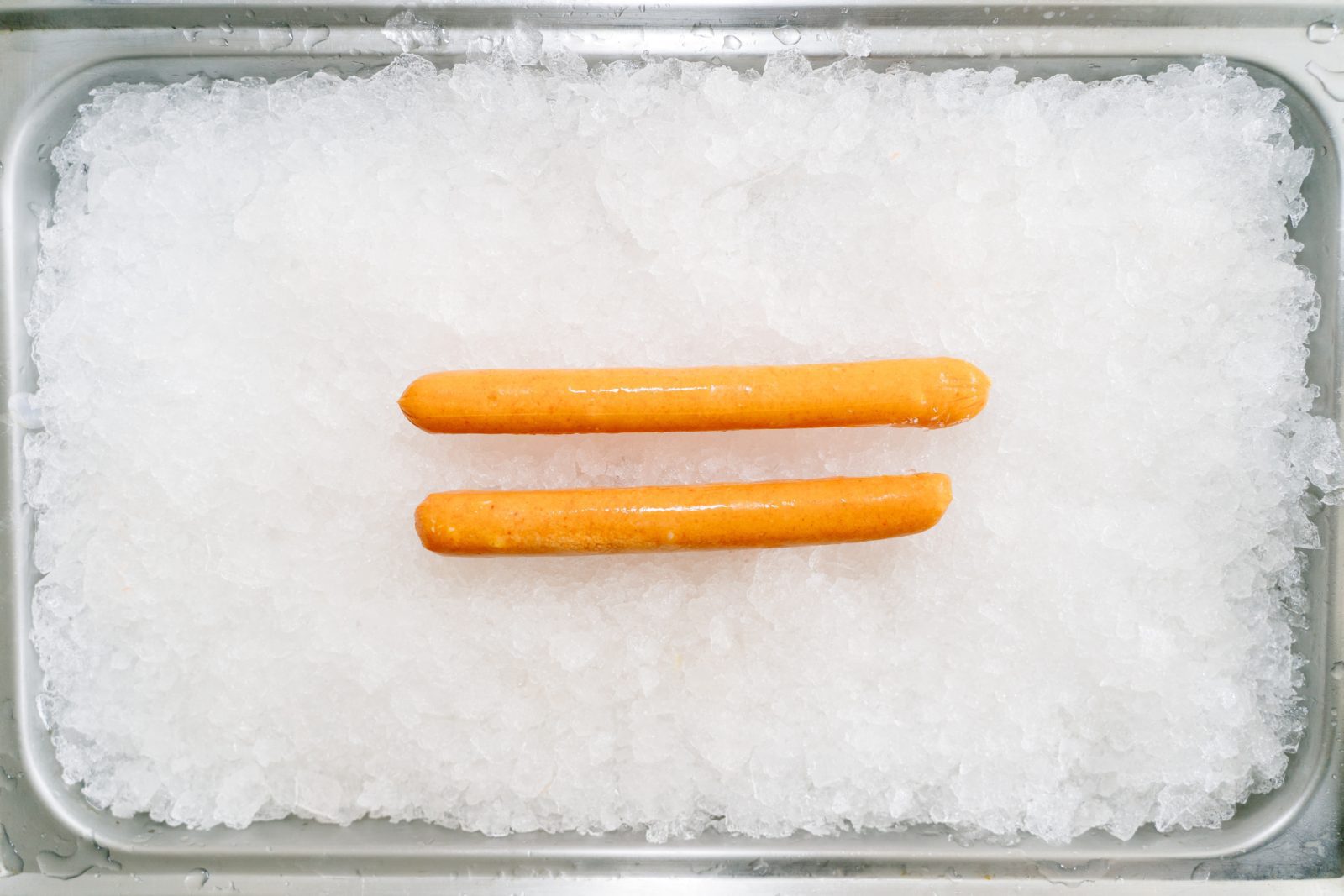This is mainly because people are looking to save money amid the economic uncertainty caused by inflation. The trend towards frozen products has been particularly noticeable in supermarkets’ meat and fish sections, where people are turning to cheaper options such as frozen cod instead of fresh salmon.
However, this shift towards frozen products is not just about cost-cutting. Frozen vegetables are often just as nutritious as fresh vegetables, as they are typically frozen soon after harvesting, which locks in the nutrients. In addition, frozen products often have a longer shelf life than fresh products, so people can stock up and reduce the number of trips they make to the supermarket.
The demand for frozen products has not gone unnoticed by retailers responding with more promotions and discounts on these items. However, this shift in consumer behavior also prompts retailers to re-examine their supply chains to ensure that they have sufficient frozen products to meet the growing demand.
It seems that inflation is significantly impacting Czech shopping baskets, with people looking to save money by buying cheaper and more long-lasting products. While this shift towards frozen products may be a response to economic uncertainty, it is also an opportunity for people to discover the many benefits of frozen food, including its convenience and nutritional value.





